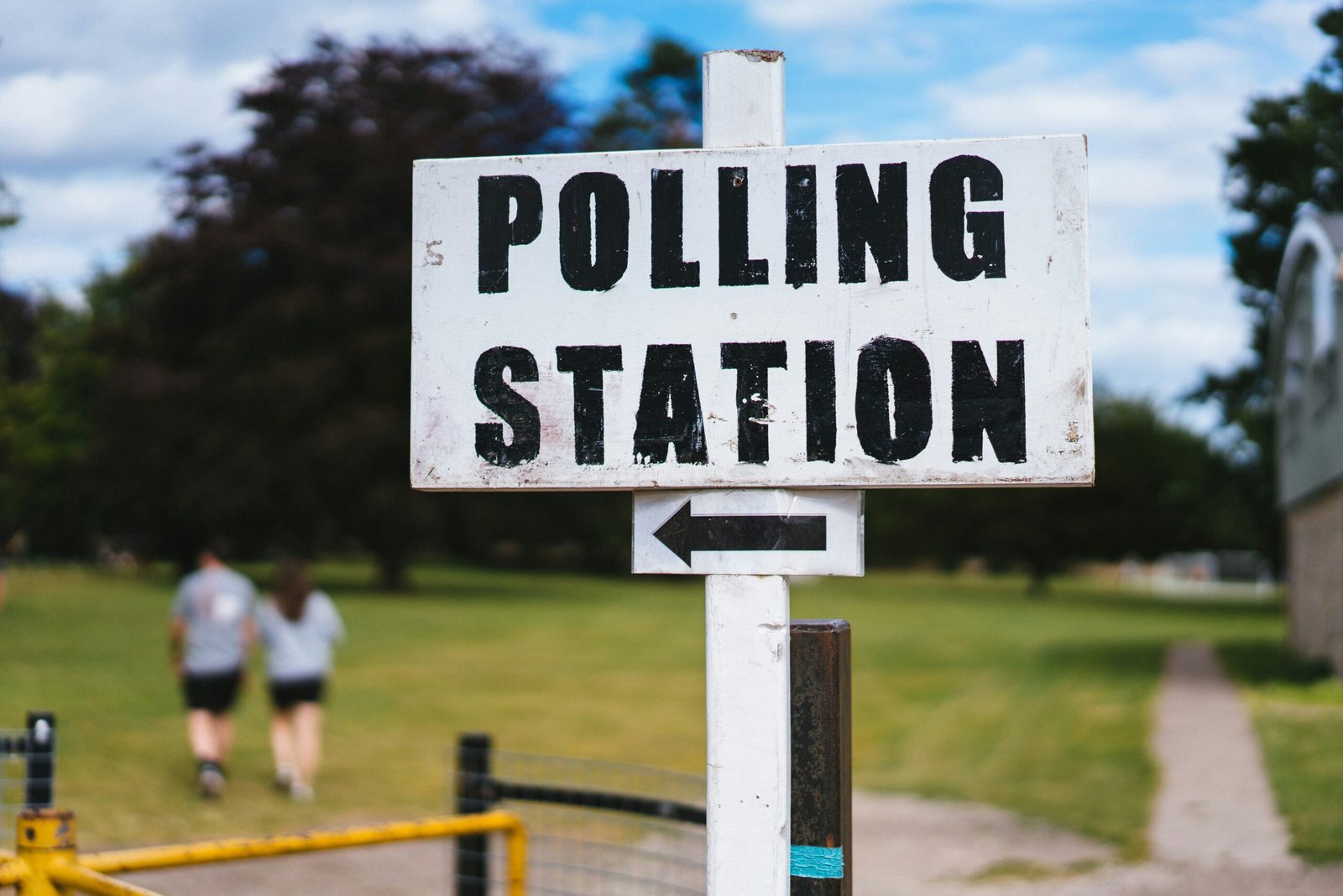
Visa and Immigration Requirements
Understanding the visa and immigration requirements is the first critical step when planning to move to the UK. The UK offers various types of visas tailored to different purposes of travel, such as work visas, student visas, and family visas. Each visa category has specific eligibility criteria, application processes, and documentation requirements that must be met to ensure a successful application.
Work Visas are available for individuals who have secured employment in the UK. These include the Tier 2 General Visa, for skilled workers, and the Tier 5 Temporary Worker Visa, for temporary positions. Applicants typically need a job offer from a UK employer who holds a valid sponsorship license. Necessary documentation includes proof of employment, qualifications, and a valid passport. Additionally, applicants may need to meet an English language requirement and show evidence of sufficient funds to support themselves.
Student Visas cater to those wishing to pursue educational opportunities in the UK. The Tier 4 Student Visa is the most common, requiring applicants to have an offer from a licensed educational institution. Key documents include a Confirmation of Acceptance for Studies (CAS), proof of financial capability to cover tuition fees and living expenses, and, in some cases, evidence of English language proficiency.
Family Visas allow individuals to join family members who are already residing in the UK. This can include visas for spouses, children, or other dependent relatives. The application process involves proving the relationship to the UK resident, providing supporting documents such as marriage or birth certificates, and demonstrating adequate accommodation and financial means.
Potential challenges in the visa application process can include stringent eligibility criteria, extensive documentation requirements, and varying processing times. It is vital to adhere to application timelines and be aware of associated fees, which can vary depending on the visa type and duration of stay.
For further assistance and guidance, applicants can utilize resources such as the UK government’s official website, immigration lawyers, and specialized visa consultancy services. These resources can provide invaluable support in navigating the complexities of visa and immigration procedures.
Cost of Living
When moving to the UK, understanding the cost of living is crucial for effective financial planning. Housing is often the most significant expense, with prices varying dramatically between regions. London, known for its high cost of living, can be particularly expensive, with average rents for a one-bedroom apartment in the city center reaching around £1,700 per month. In contrast, cities like Manchester and Edinburgh offer more affordable options, with average rents hovering around £800 to £1,000 per month.
Utilities, including electricity, heating, cooling, water, and garbage, typically add another £150 to £200 to your monthly expenses. Grocery costs can vary, but on average, a single person might spend approximately £150 to £200 per month. Shopping at local markets and opting for store-brand items can help reduce these expenses.
Transportation is another significant consideration. In London, a monthly travel card for zones 1-3 costs around £140, while in Manchester and Edinburgh, monthly public transportation passes cost about £70 to £90. Owning a car can be more expensive due to fuel, insurance, and maintenance costs.
Healthcare in the UK is largely covered by the National Health Service (NHS), funded through taxation. While NHS services are generally free at the point of use, some costs, such as prescriptions and dental care, may still apply. Prescription charges are standard at £9.35 per item in England, though they are free in Scotland, Wales, and Northern Ireland.
It’s also essential to consider taxes and other financial obligations. The UK operates a tiered income tax system, with rates ranging from 20% to 45%, depending on your earnings. Council tax, which varies by property value and location, is another mandatory expense.
To manage expenses effectively, budgeting is key. Tracking your spending, setting financial goals, and creating a realistic budget can ensure you live within your means. Average salaries in the UK vary by industry and region, with professionals in London typically earning higher wages compared to those in other cities. However, the higher cost of living in London often offsets these salary benefits.
By understanding the cost of living in various regions, planning your budget, and being mindful of your expenses, you can navigate the financial landscape of the UK with greater ease and confidence.
Healthcare System
The United Kingdom’s healthcare system is predominantly managed by the National Health Service (NHS), which provides comprehensive medical care to all residents. Upon moving to the UK, it is imperative to register with a GP (General Practitioner), as they serve as your primary contact for healthcare needs. Registration is a straightforward process; you will need proof of address and identification to complete this step. Once registered, the GP can refer you to specialists and coordinate your medical treatments.
The NHS covers a wide range of services, including consultations with GPs, hospital treatments, maternity services, and mental health care. Most NHS services are free at the point of use, although there are some charges for prescriptions, dental care, and optical services. For those who prefer expedited services or additional comfort, private healthcare options are available. Private healthcare can be accessed directly or through private health insurance, which offers shorter waiting times and more personalized care.
It is important to understand the cost implications of both public and private healthcare. While the NHS provides extensive services free of charge, private healthcare can be costly. Private health insurance premiums vary based on coverage levels, age, and pre-existing conditions. Many employers offer health insurance as part of their benefits package, which can be a cost-effective way to access private healthcare services.
In terms of emergency medical services, the NHS offers comprehensive emergency care. Dialing 999 will connect you to emergency services including ambulances, fire, and police. Accident and Emergency (A&E) departments in hospitals are equipped to handle urgent medical issues. For less critical conditions, NHS 111 provides non-emergency medical advice and guidance.
Overall, the UK’s healthcare system is robust, offering a blend of public and private options to cater to various needs and preferences. Understanding how to navigate the system and the costs involved will ensure you are well-prepared for any medical situations that may arise during your stay in the UK.
Finding Accommodation
Securing appropriate accommodation is a pivotal step when relocating to the UK. The country offers a variety of living arrangements to suit diverse needs and budgets. Prospective residents can choose from renting, purchasing a home, or opting for shared housing. Renting is often the most feasible option for newcomers, providing flexibility and fewer upfront costs. It entails entering into a rental agreement with a landlord or property management company. These agreements typically outline the length of tenancy, rent amount, and responsibilities of both parties.
For those considering a longer-term commitment, buying a property might be a viable alternative. This process involves securing a mortgage, undergoing property evaluations, and completing legal formalities. Shared housing, meanwhile, is a popular choice among students and young professionals. It offers the benefit of reduced expenses and the opportunity to build social connections.
Searching for properties in the UK can be streamlined by using various online platforms. Websites like Rightmove, Zoopla, and SpareRoom provide extensive listings and are excellent starting points for house hunting. When evaluating properties, it is essential to visit in person whenever possible, to gain a comprehensive understanding of the living conditions and neighborhood.
Understanding rental agreements is crucial. These contracts detail the rights and obligations of tenants and landlords. Tenants should ensure all terms are clear and reasonable, and should seek clarification on any ambiguous clauses. Moreover, it is imperative to be aware of legal protections in place, such as deposit protection schemes and the right to a habitable living environment.
Potential pitfalls and scams are, unfortunately, a reality in the property market. Tenants should be vigilant against offers that seem too good to be true, pressure tactics, and requests for large sums of money upfront. Dealing with reputable landlords and property agents can mitigate these risks. Verifying the legitimacy of agencies and reading reviews from previous tenants can provide additional security.
In conclusion, thorough research and cautious decision-making are key to finding suitable accommodation in the UK. Utilizing online resources, understanding legal frameworks, and being alert to common scams will facilitate a smooth transition to your new home.



